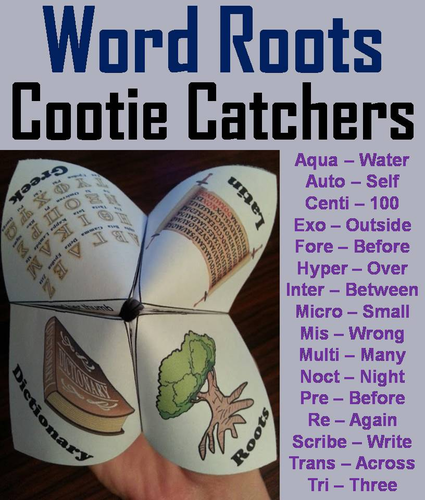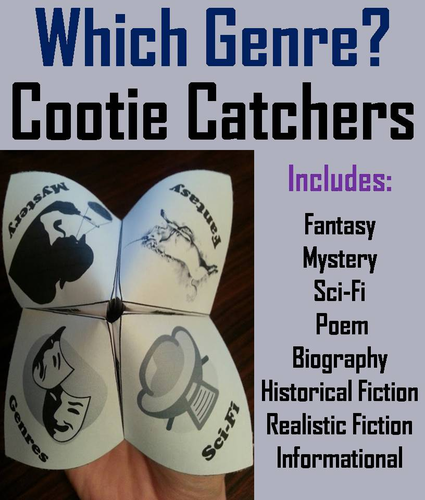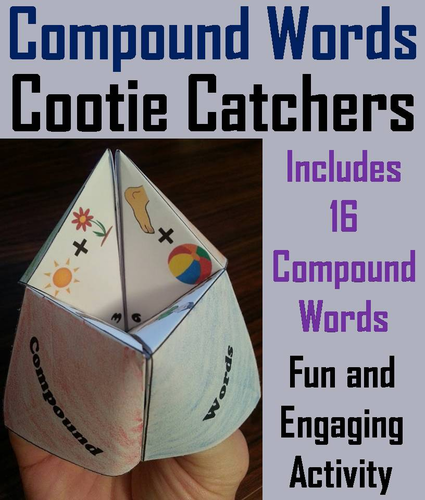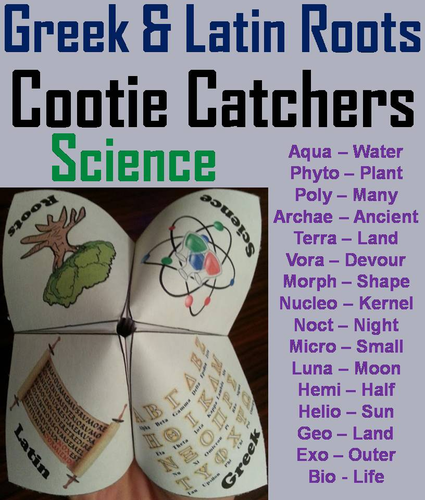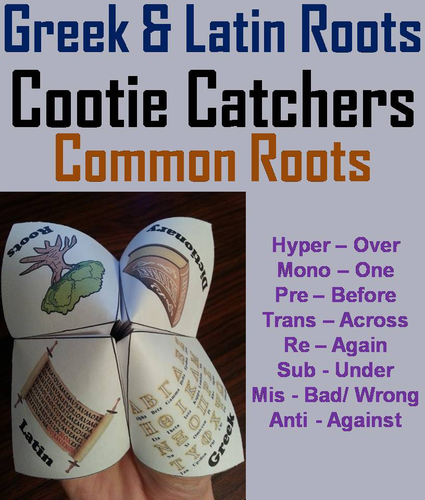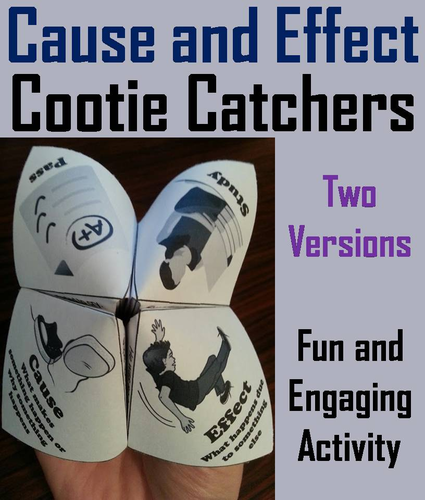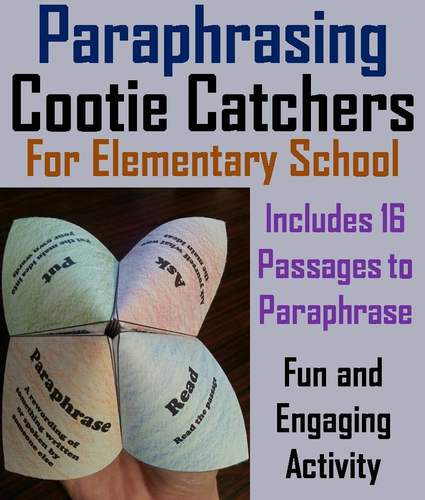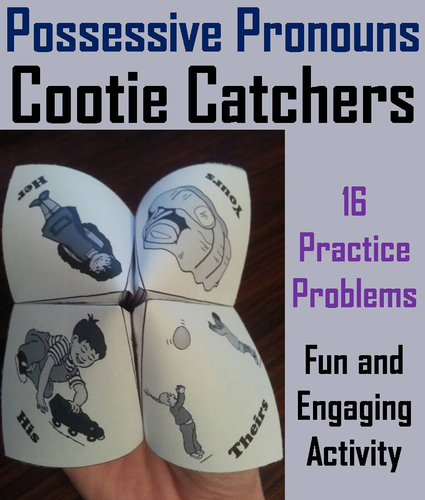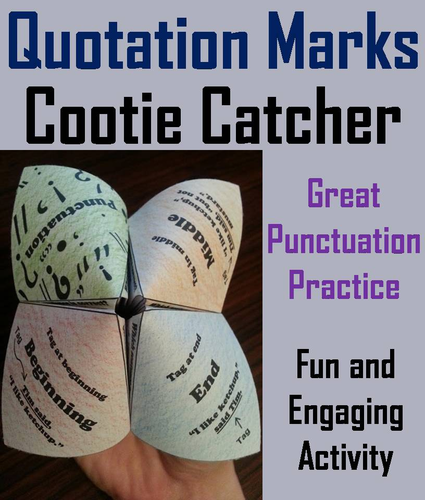Science Spot
I have been a science teacher in an urban School District for 7 years. During this time I have had the opportunity to experience teaching within classrooms at all levels of performance abilities, including full inclusion, and highly advanced classes. I have taught middle school science (both the 7th and 8th grade) and at the high school level (9th to 12th grade science) including Anatomy, Astronomy, Biology, Chemistry, Environmental Science, and Physical Science I have a PA Professional Certi




